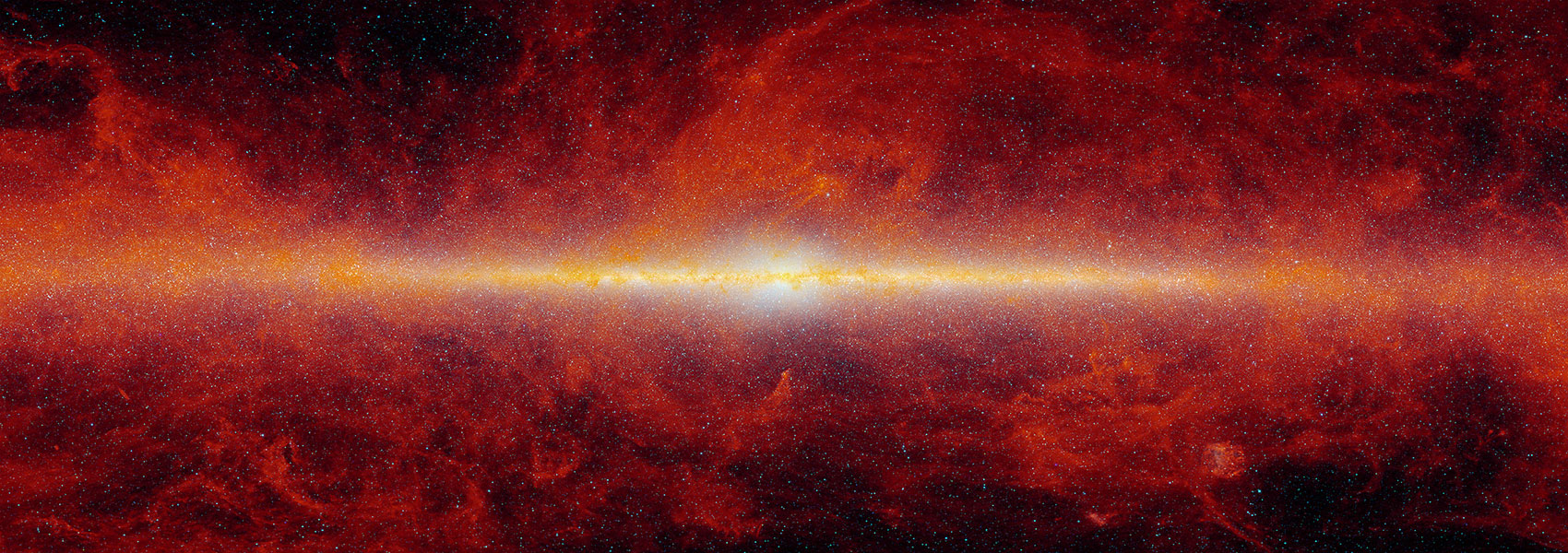
No Longer Impossible: The Self-lensing Binary KIC 8145411 is a Triple
July 2024 • 2024PASP..136g4201Y
Abstract • Five self-lensing binaries (SLBs) have been discovered with data from the Kepler mission. One of these systems is KIC 8145411, which was reported to host an extremely low mass (ELM; 0.2 M ⊙) white dwarf (WD) in a 456 days orbit with a solar-type companion. The system has been dubbed "impossible," because evolutionary models predict that ∼0.2 M ⊙ WDs should only be found in tight orbits (P orb ≲ days). In this work, we show that KIC 8145411 is in fact a hierarchical triple system: it contains a WD orbiting a solar-type star, with another solar-type star ∼700 au away. The wide companion was unresolved in the Kepler light curves, was just barely resolved in Gaia DR3, and is resolved beyond any doubt by high-resolution imaging. We show that the presence of this tertiary confounded previous mass measurements of the WD for two reason: it dilutes the amplitude of the self-lensing pulses, and it reduces the apparent radial velocity (RV) variability amplitude of the WD's companion due to line blending. By jointly fitting the system's light curves, RVs, and multi-band photometry using a model with two luminous stars, we obtain a revised WD mass of (0.53 ± 0.01)M ⊙. Both luminous stars are near the end of their main-sequence evolution. The WD is thus not an ELM WD, and the system does not suffer the previously proposed challenges to its formation history. Similar to the other SLBs and the population of astrometric WD binaries recently identified from Gaia data, KIC 8145411 has parameters in tension with standard expectations for formation through both stable and unstable mass transfer (MT). The system's properties are likely best understood as a result of unstable MT from an AGB star donor.
Links
- PREPRINT http://arxiv.org/abs/2405.00780
- ELECTR https://doi.org/10.1088/1538-3873/ad5ebd
- SIMBAD https://simbad.u-strasbg.fr/simbad/sim-ref?querymethod=bib&simbo=on&submit=submit+bibcode&bibcode=2024PASP..136g4201Y
- PDF https://iopscience.iop.org/article/10.1088/1538-3873/ad5ebd/pdf
- DATA https://irsa.ipac.caltech.edu/bibdata/2024/Y/2024PASP..136g4201Y.html




